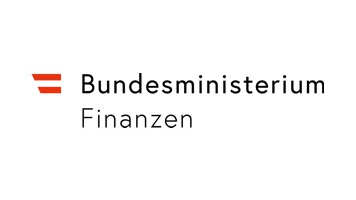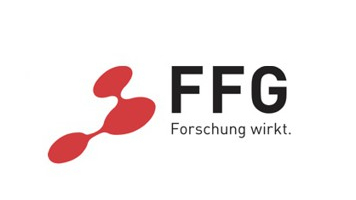Digitalization and globalization require secure telecommunications, and these in turn require secure cryptography. With the advent of suitable quantum computers, today's asymmetric cryptography will no longer be usable in the future for security reasons. T
his problem is already relevant for infrastructures designed for a long service life (transport, industry, etc.), larger software systems (which are usually designed to be long-lasting at their core) and for data where long-term confidentiality is important. If trust in mathematical cryptography (post-quantum cryptography) is insufficient, physical processes must be used, which is possible for the generation and distribution of cryptographic keys. In addition to QKD (Quantum Key Distribution), RKD (Radio-signal Key Distribution) offers a solution for this.
With RKD, radio signals are transmitted in both directions (from A to B and from B to A) at the same frequencies above 100 MHz, and the signals received are measured on both sides, usually the signal strength, the phase and/or the runtime, and because the transmission in both directions is reciprocal, almost the same measured values can be determined on both sides, from which special software then determines cryptographic keys that are random and the same on both sides. The randomness of the keys results from the transmission path of the radio signals (the inherent unpredictability) and cannot be measured by a third party (attacker). Changes in the measurements are mainly caused by the dynamics of the transmission path (reflections, etc.) and movement on at least one side (changes in distance). No additional non-deterministic random number generator is required because the randomness results from the random measurement values.
The advantages of RKD are mainly in terms of costs and robustness. The required transceiver stations are available on the market as SDR (Software Defined Radio) at very low cost, starting at around € 50. These devices can be used not only for radio transmission but also for measurements with sufficient accuracy. With RKD, it is possible to generate random and distribute highly secure symmetric keys very cost-effectively and on a large scale. This is particularly true for mobile objects, such as transport infrastructures (road, rail, water, air), mobile IoT devices, drones, military units, etc., because RKD requires a dynamic environment for key generation.
The disadvantage of RKD is the short key length resulting from the dynamics requirements.
The result of the RKD project is a complete solution at TRL7 for the highly secure physical generation and distribution of cryptographic keys for short distances, which will be marketed internationally after the project ends and the necessary tests and certifications have been carried out.
Project Lead
DI Eva Sophie Wiesmüller
Partners
Bundeskanzleramt, Bundesministerium für Landesverteidigung
Contact
insitu software gmbh Adresse
Heinrich Schneidmadl Strasse 15,
3100 St. Pölten
0664 8151894
wiesmueller(at)insitu.software
www.insitu.software


